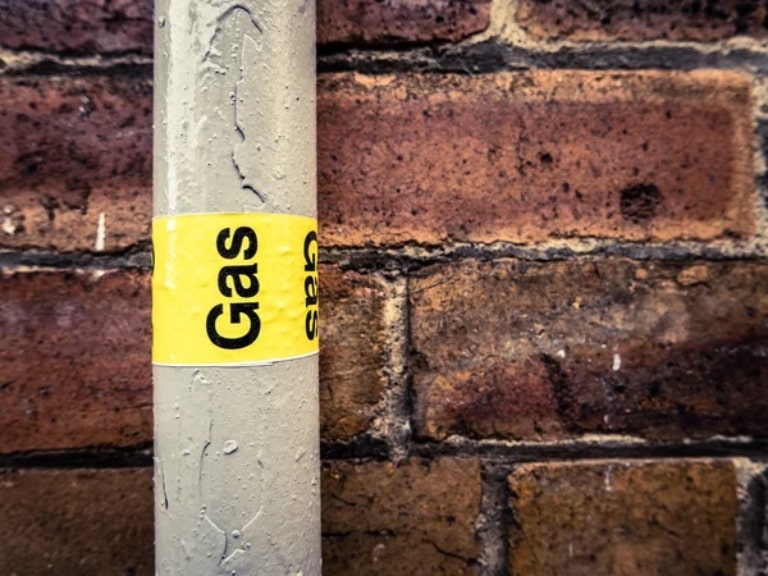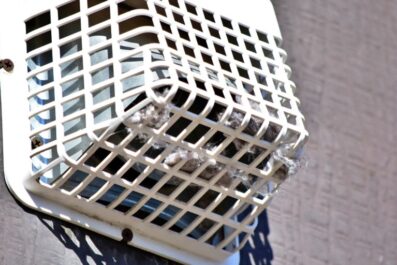How Do Gas Lines Work in Homes and Businesses?

Gas lines are essential components of many homes and businesses, providing the necessary fuel for heating, cooking, and running various appliances. While they are largely hidden behind walls and under floors, they play a critically important role and demand a sound understanding of how they operate.
The Journey of Natural Gas: From the Main Line to Your Appliances
The infrastructure delivering natural gas to residential and commercial entities is vast and complex. Beginning at processing plants, natural gas travels through large transmission lines before arriving at local distribution networks. These extensive networks serve as the primary pathway for natural gas to reach various end users, including neighborhoods and business districts.
Once in the local area, gas is channeled through main lines that run parallel to streets and alleys. Service lines then branch off from these mains to individually supply buildings. This comprehensive grid ensures that natural gas is widely available for consumers across the country.
The final step in the journey involves meters, which are typically installed on the exterior of a building. Meters record the volume of gas used, providing data for billing and monitoring purposes. From this point, branch lines carry gas to specific appliances within the property, such as stoves, water heaters, and furnaces.
The distribution system is meticulously balanced to maintain the correct pressure needed by various appliances, ensuring they operate effectively. As gas enters the final stretch of its journey, regulators located near the meter or on individual appliances act to reduce the pressure to a safe and usable level.
Safety Features and Regulations Governing Gas Line Installations
The installation and operation of gas lines are heavily regulated to protect users and the environment. In the United States, federal and local codes govern the size, material, and installation methods of gas piping systems. These regulations ensure that only qualified professionals carry out installations and repairs, thereby mitigating potential risks.
Apart from building codes, there are also industry standards drafted by bodies such as the American Gas Association and the National Fire Protection Association. These standards cover safety protocols and recommended practices, contributing further to the overall integrity and safety of gas line systems.
To prevent accidents, several safety features are integrated into these systems. For instance, excess flow valves automatically shut off the gas supply in case of a significant leak, and seismic shut-off valves cut the flow during an earthquake. Additionally, odorants are added to natural gas, which is naturally odorless, to help detect leaks early through their distinctive smell.
Regular inspections and maintenance are also part of the safety regime. They help identify and rectify any issues before they escalate. Property owners and managers should ensure that their gas lines are regularly checked by professionals to prevent leaks and other potential hazards.
Common Maintenance and Troubleshooting for Residential and Commercial Gas Lines
Maintenance of gas lines is key to the longevity and safety of gas systems. Homeowners and business owners should conduct periodic visual inspections of exposed gas lines for signs of wear, corrosion, or damage. Attending to these signs promptly can prevent more serious complications.
When a gas leak is suspected, the priority is to ensure the safety of all occupants by evacuating the area and contacting emergency services or a qualified gas technician to address the issue. It’s crucial not to operate electrical switches or devices that could ignite the gas, as this could result in a dangerous situation.
Servicing appliances that use gas is equally essential. Appliances should have their connections tested by professionals to ensure they are secure and leak-free. Additionally, appliances need to be regularly serviced as per the manufacturer’s recommendations to ensure they operate efficiently and safely.
Troubleshooting common issues may include checking pilot lights, replacing hoses or connectors, and ensuring that vents are clear and unobstructed. However, any significant maintenance or repairs to the gas line itself should only be performed by trained and licensed professionals like those who perform gas line installation in Bucks County, PA.
Conclusion
Overall, gas lines are indispensable components of modern infrastructure, providing millions of homes and businesses with energy for daily activities. Through strict safety protocols, regular maintenance, and the adoption of cutting-edge technology, these systems continue to evolve, ensuring reliability and efficiency.




